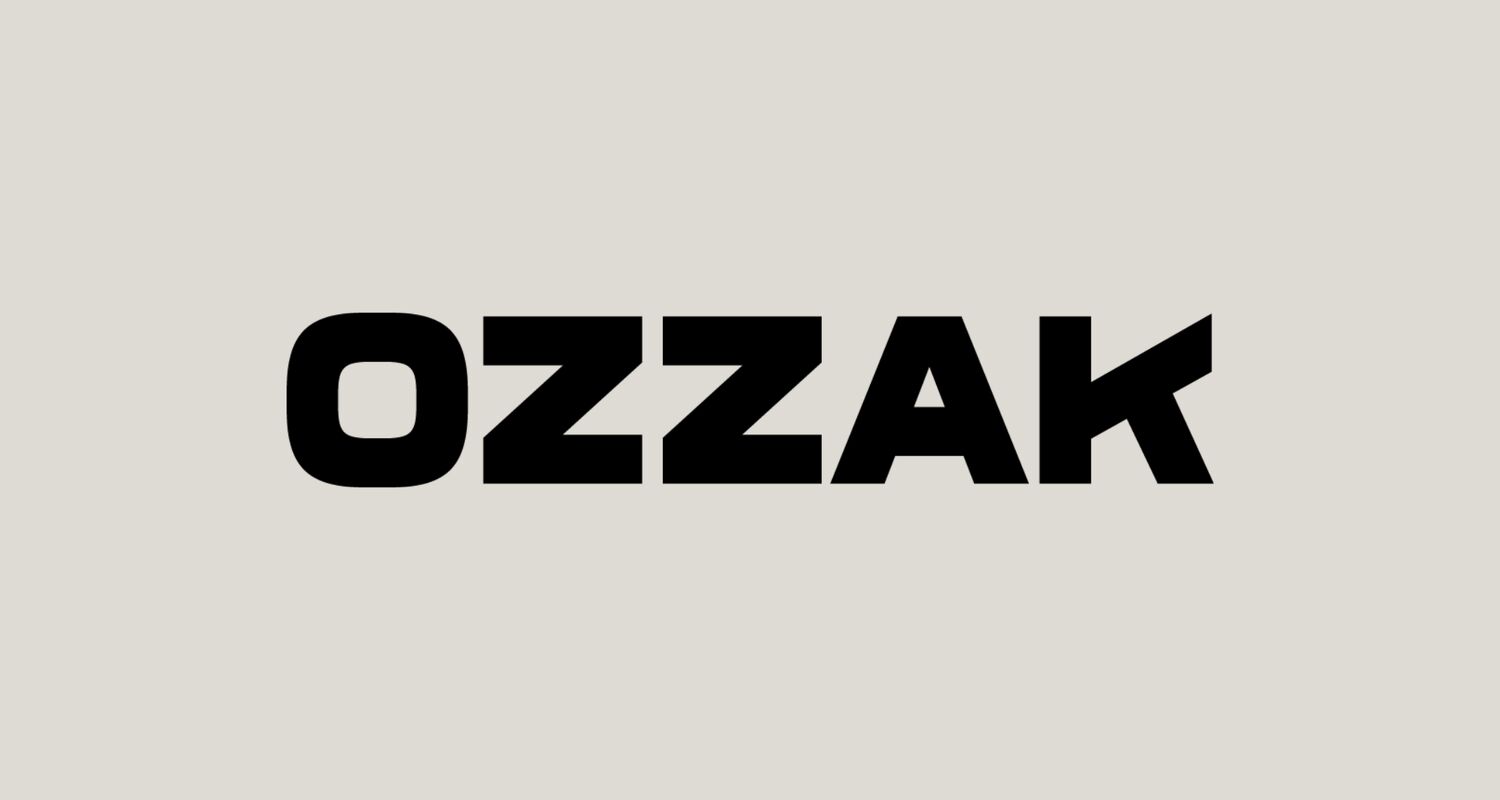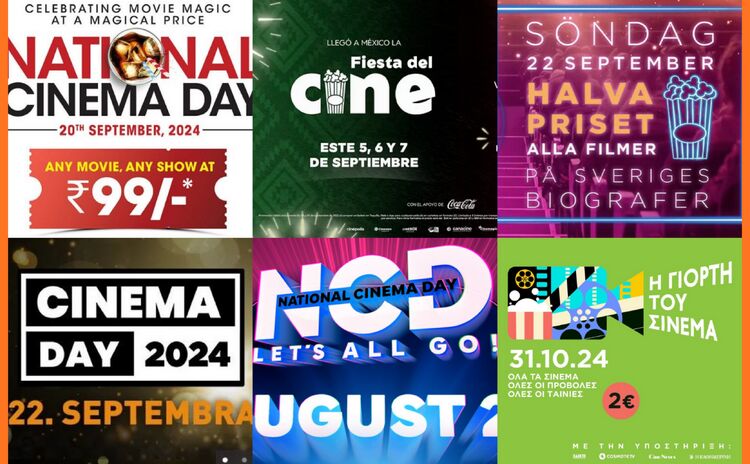A digital solution for empty seats
Preamble to the Article from the HUB team
The HUB is dedicated to spotlighting projects and initiatives in the field of Arthouse, and to offer articles based on learnings that can help cinemas and project holders find solutions or ideas to tackle challenges they face. Articles based on interviews with companies such as this one cannot be considered a commercial endorsement. Rather, they aim at describing the new solutions offered by the company and placing within the wider arthouse context. Companies or projects offering similar or related solutions are welcome to contact quentin.bucher@cicae.org for them to be named as alternatives.
Converting occasional visitors into your most loyal audience
While on a night out at the cinema, three friends found themselves in an almost empty screening room. Passionate about the Big Screen and conscious of its central role in their lives, they began wondering how cinemas could optimize attendance, especially during off-peak times.
This is how Ozzak was born.
I had the opportunity to interview Mélanie Canivet, Co-founder of Ozzak and one of those three friends in the screening room that night. Together with her associates, Sylvain Mante and Cédric Merouani, she created a digital platform designed for cinema operators - not only to improve occupancy but also to attract and retain those who visit the cinema least often.
Can you tell us about Ozzak, what it is and how it came to be?
Ozzak was founded in Nantes, France, and developed throughout the pandemic.
Our goal was to provide exhibitors with a tool to offer and promote discounted tickets, while giving them complete control over which screenings or events to make available, how many seats to allocate, and at what discount.
We built Ozzak with direct input from cinema operators, ensuring it met their needs from day one. After launching a beta version in September 2021, we officially launched the platform in June 2022.
Today, we work with 70 independent cinemas across France. Since launch, 85,000 tickets have been sold through the platform, and our app has been downloaded by more than 100,000 cinema fans. This is still early days, but we are optimistic about the future, as we continue to get traction in France but also in neighbouring markets, thanks to word-of-mouth.
How does Ozzak work from a technical perspective?
We integrate directly with the cinema’s ticketing system, ensuring real-time sales and updates. This allows cinema operators to adjust their offers dynamically, adding or removing seats up to 30 minutes before a screening.
Users can book tickets in just three clicks via our app. We handle the purchase and customer support and later transfer the box office revenue to the cinemas.
What types of venues have you partnered with so far?
We’ve worked exclusively with independent cinemas, 95% of which are arthouses, from small single-screen venues to larger ones. Our focus is on increasing visibility for these cinemas, which often lack the human and financial resources for extensive marketing.
Ozzak positions itself as a tool to attract and retain occasional moviegoers. How do you achieve that?
Our primary audience has always been occasional moviegoers, those that visit just once or twice a year, mainly for blockbusters.
We know that one of the biggest barriers for them is a lack of awareness: many don’t know what’s currently programmed, and they’re even often unaware of the independent and arthouse cinemas in their area.
We help bridge that gap. The app highlights nearby cinemas, and users can opt-in for notifications when new venues join the platform in their region, based on postal codes.
A recent user survey highlighted that 65% of Ozzak users have increased their cinema attendance since using the platform. Even more exciting, 20% have discovered a cinema they had never visited before thanks to Ozzak, a stat we’re incredibly proud of.
Are cinemas ever concerned that offering discounted tickets might hurt their revenue?
In practice, Ozzak is more of a complementary or transition tool.
In France, pricing is often cited as a key barrier for occasional moviegoers. By offering discounts, typically between 30% and 50% off standard ticket prices, we encourage them to visit more frequently. Over time, this builds a habit.
Cinemas use Ozzak strategically to increase occupancy for screenings that need a boost. Since they are the one in control of pricing and availability, they can dynamically adjust offers in real-time.
More importantly, we’ve seen that over time, many Ozzak users transition to the cinema’s own loyalty programs or subscription cards, which offer better deals for frequent visitors. This is something we make sure of when establishing the discounts. Some cinemas have even integrated Ozzak pricing into their official pricing lists to highlight this value proposition.
Have you noticed whether certain types of films benefit more from this model?
Our aim is to make moviegoing a more spontaneous experience, particularly for arthouse films, which can sometimes feel intimidating to occasional cinemagoers. What we have witnessed is that the discounts encourage people to explore a wider variety of films over time.
Most cinemas systematically offer 5 to 10 seats per screening through Ozzak, covering about 80% of their programming, including many national releases from week one. If a screening starts filling up through other channels, cinemas can remove Ozzak discounts in real-time.
Since Ozzak impacts ticket pricing, has this ever been a point of contention with distributors?
What we’ve found is that distributors generally prefer selling tickets at a reduced price rather than having empty seats. So far, we haven’t encountered pushback on this model. In any case, Ozzak doesn’t interfere in cinema-distributor negotiations.
How do you collaborate with independent cinemas beyond ticket sales?
We actively support cinemas with tailored promotional efforts.
We have launched Ozzak Actu, a news feature that acts as a media outlet for film news while also providing a communication platform for cinemas. They can share updates with us, and we produce original content like interviews, podcasts, and videos.
We have also started working with distributors and festivals to create promotional materials, and we’ve even designed a cinema trivia board game.
Since launching, Ozzak has attracted over 3.5 million visits across its platform, website, and app.
Do you offer additional tools to cinemas using the platform?
Yes, we provide cinemas with a personalized dashboard displaying demographic insights, visit frequency, and peak booking times on Ozzak.
We also supply a marketing package, including flyers, posters, pre-show video ads in DCP format, online banners, and social media assets. Cinemas can choose which materials suit their needs best.
What’s next for Ozzak?
We will expand in Europe, starting with Benelux countries, Spain, and Italy.
This expansion is also driven by demand from people who have discovered Ozzak and want access in their own country. We have seen that in French-speaking Belgium in particular.
We’re also planning a major app update this summer, focusing on user experience improvements and gamification features. This includes a referral and loyalty system, rewarding users for helping Ozzak grow.
As we focus on supporting independent cinemas, increasing attendance, and making filmgoing more accessible to occasional audiences, we just want to maintain that flexibility and adaptability as much as possible, to ensure that we meet the unique needs of different cinema markets. We are excited for the future!


Conclusion
As independent and arthouse cinemas navigate evolving audience habits, solutions like Ozzak highlight how digital tools can help address key challenges. By making moviegoing more accessible and spontaneous, such platforms provide cinemas with new ways to engage occasional visitors, improve occupancy, and increase frequency over time.
Initiatives like Ozzak show how experimenting with innovative strategies - whether through dynamic pricing, targeted outreach, or new audience engagement models - can contribute to a more sustainable future for independent exhibition.
If you want to learn more about Ozzak, visit their website at ozzak.fr
24.04.2025

Guillaume Branders
Guillaume Branders is the founder of studio funambule, a consultancy that helps film and cinema professionals connect, grow, and innovate. Based in Belgium, he has been immersed in the cinema industry for almost 15 years. Starting at Cinema Aventure, an arthouse venue in the center of Brussels, he later worked as the Head of Industry Relations at UNIC, the trade association of European cinemas and their national associations. After two years working for a cinema software company, he decided to launch his own venture and explore new ways to drive innovation in the cinema industry. more from the author


